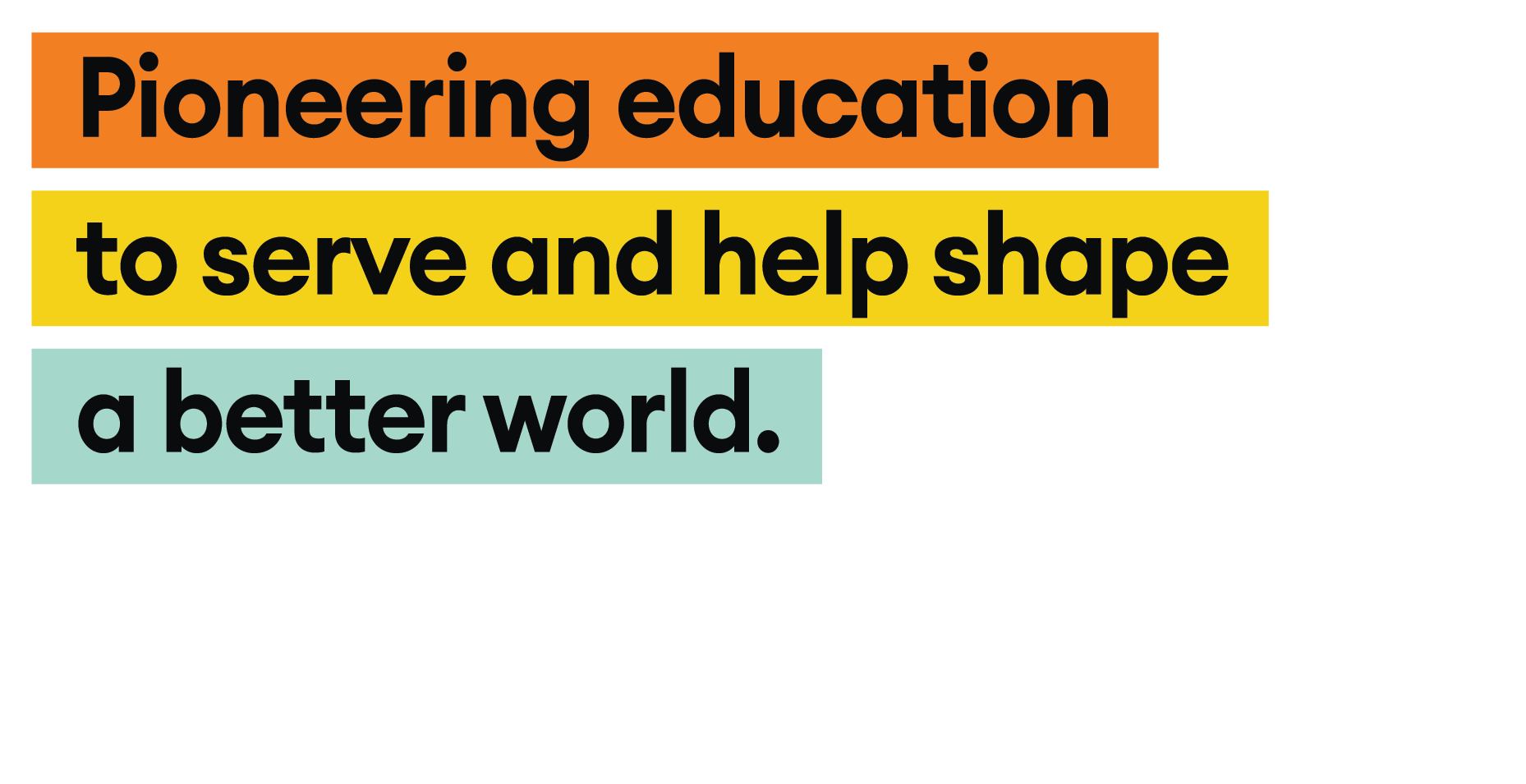Wellington Talk | How Sensory Play Benefits the Children?
In this Wellington Talk Series, Early Years Educational experts from Wellington College give in-depth knowledge on education. Today, Ms Stephanie Lewis and Ms Brenda Su, teachers at Wellington College Bilingual Nursery, talk about how important sensory play is and the reason why it is so important.
Ms Stephanie Lewis and Ms Brenda Su
talks about sensory play

Children in an early years setting, learn through the five senses, which are sight, hearing, touch, smell, and taste. It is important, especially for Pre-Nursery children to gain experience through sensory play and activities as this will eventually help with writing skills when they move up to Nursery and especially when they reach year one. Our young children learn about the world through figurative thinking, which means adults should provide children with something tangible to develop their abstract thinking as the children learn about the world.
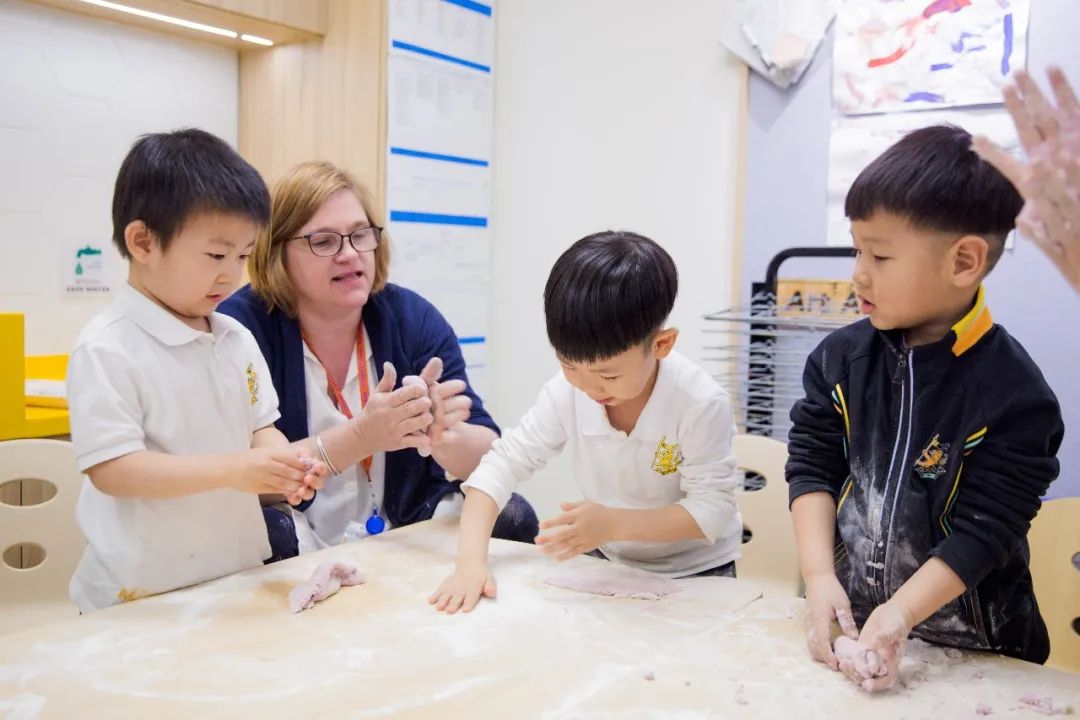
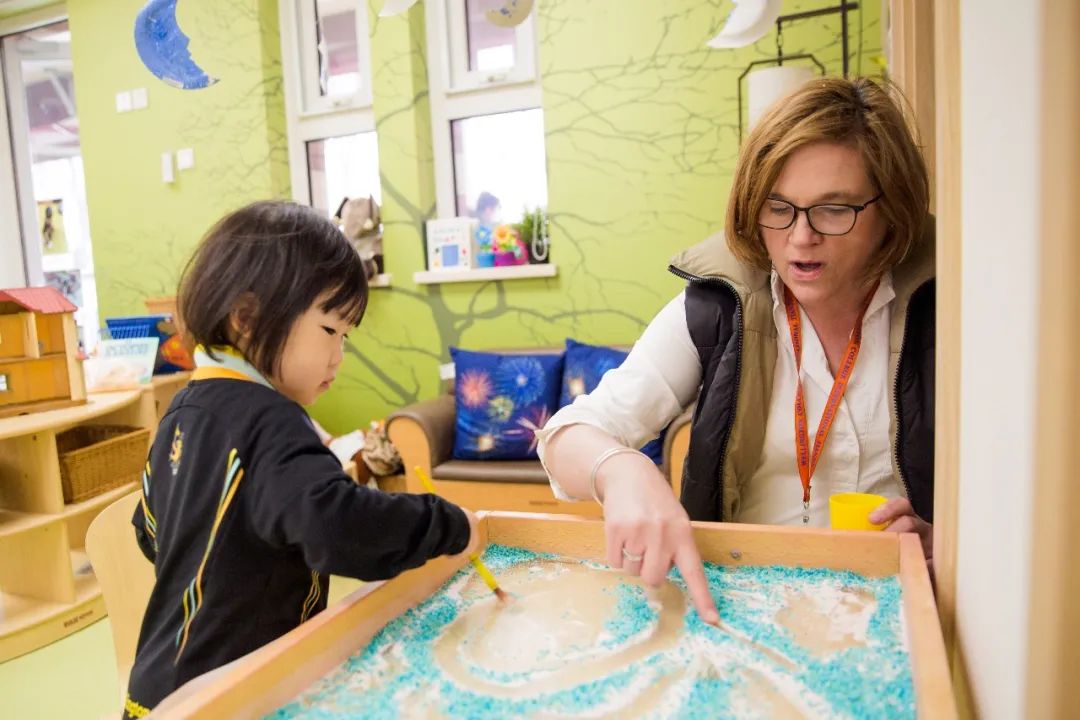
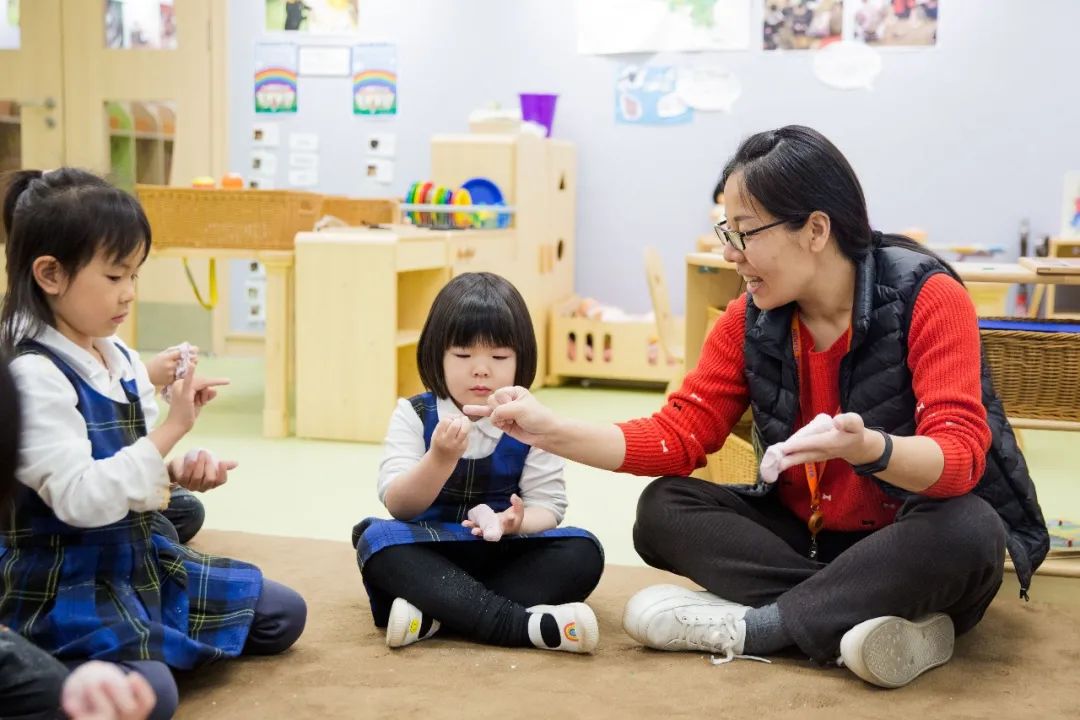
It is important, especially with children aged 2-3 years old, to have hands-on experience with varied and differing sensory materials. Therefore, the teachers will provide opportunities for the children to learn from something physical. For example, snow, play dough, paint, water play and writing. To make our materials more attractive for the children, teachers will make specially designed activities. For example, we colour rice and dough in different colours to make it visually stimulating for the children. In Pre-Nursery, we have numerous materials for sensory writing. As an example, salt and coloured rice, allows them to make patterns with the materials. This improves and strengthens their muscles and fine motor skills. Also, while learning through play, we communicate with them in different languages to support their language development.


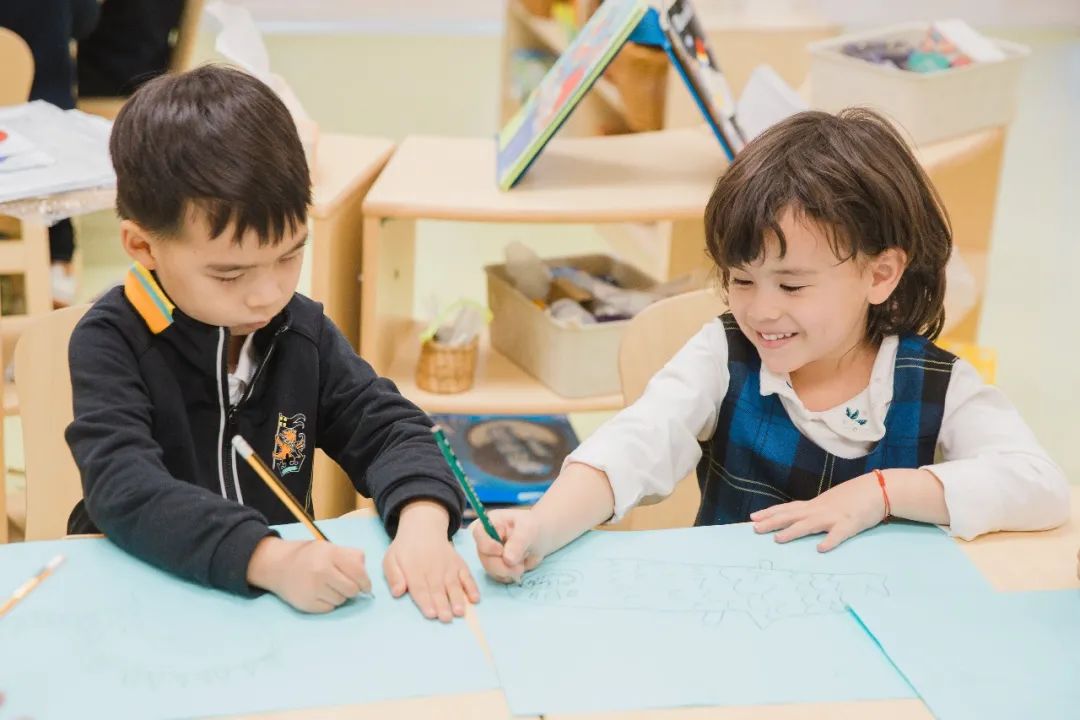
Through sensory play, our children develop in more than one aspect. Their sense of touch is developed; their language skills are developed; while playing with other children, their social skills also are developed. The teachers design different sensory games to include knowledge in different fields, such as math. This is why we say sensory play helps with a child’s development in more than one aspect and supports their overall, well-rounded development.
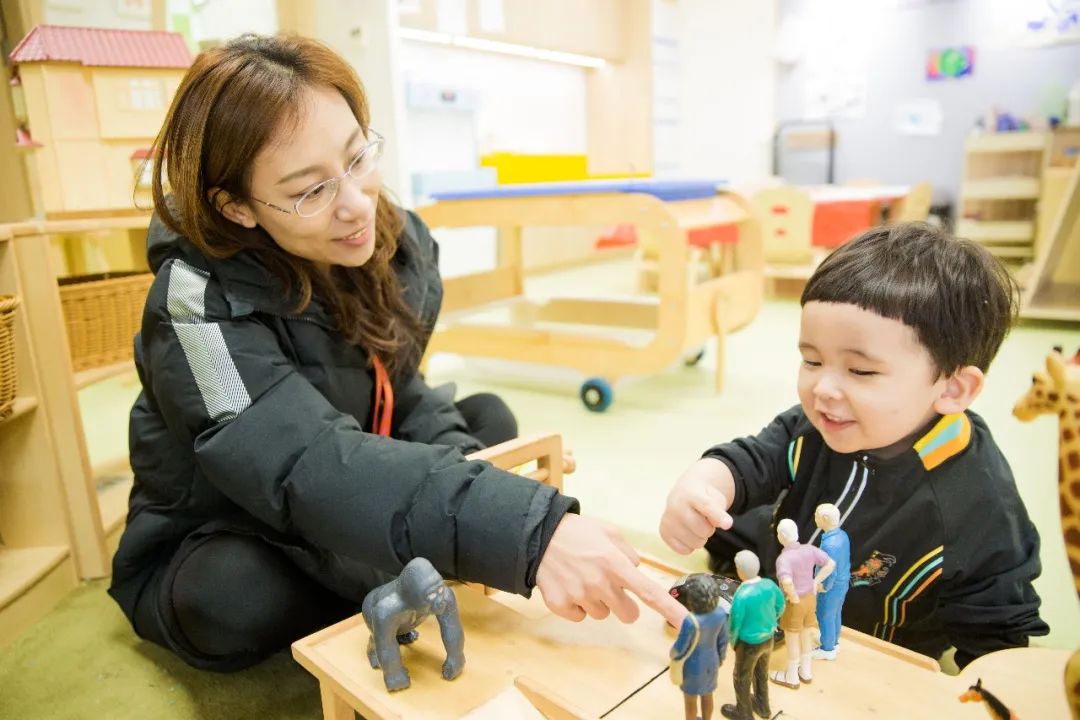
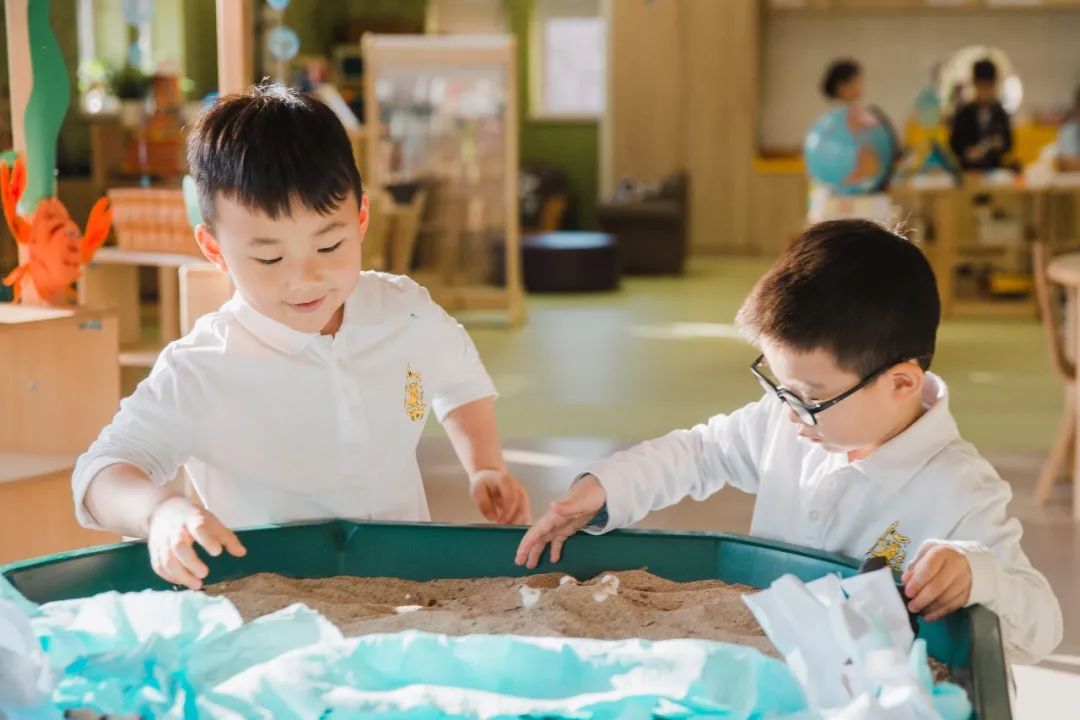
Related Articles








 Channel
Channel 
 Linkedin
Linkedin  Weibo
Weibo  Facebook
Facebook  Ins
Ins 







